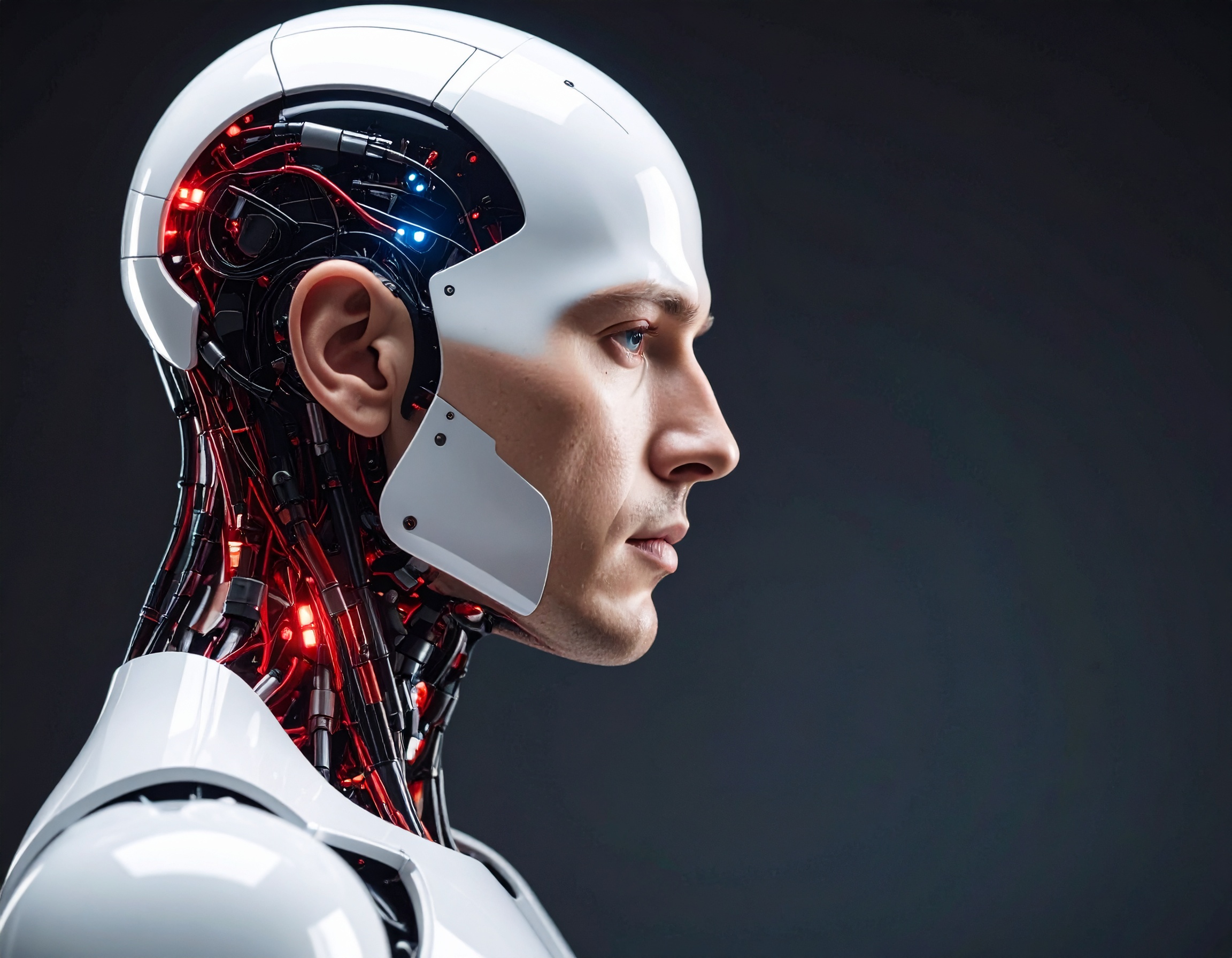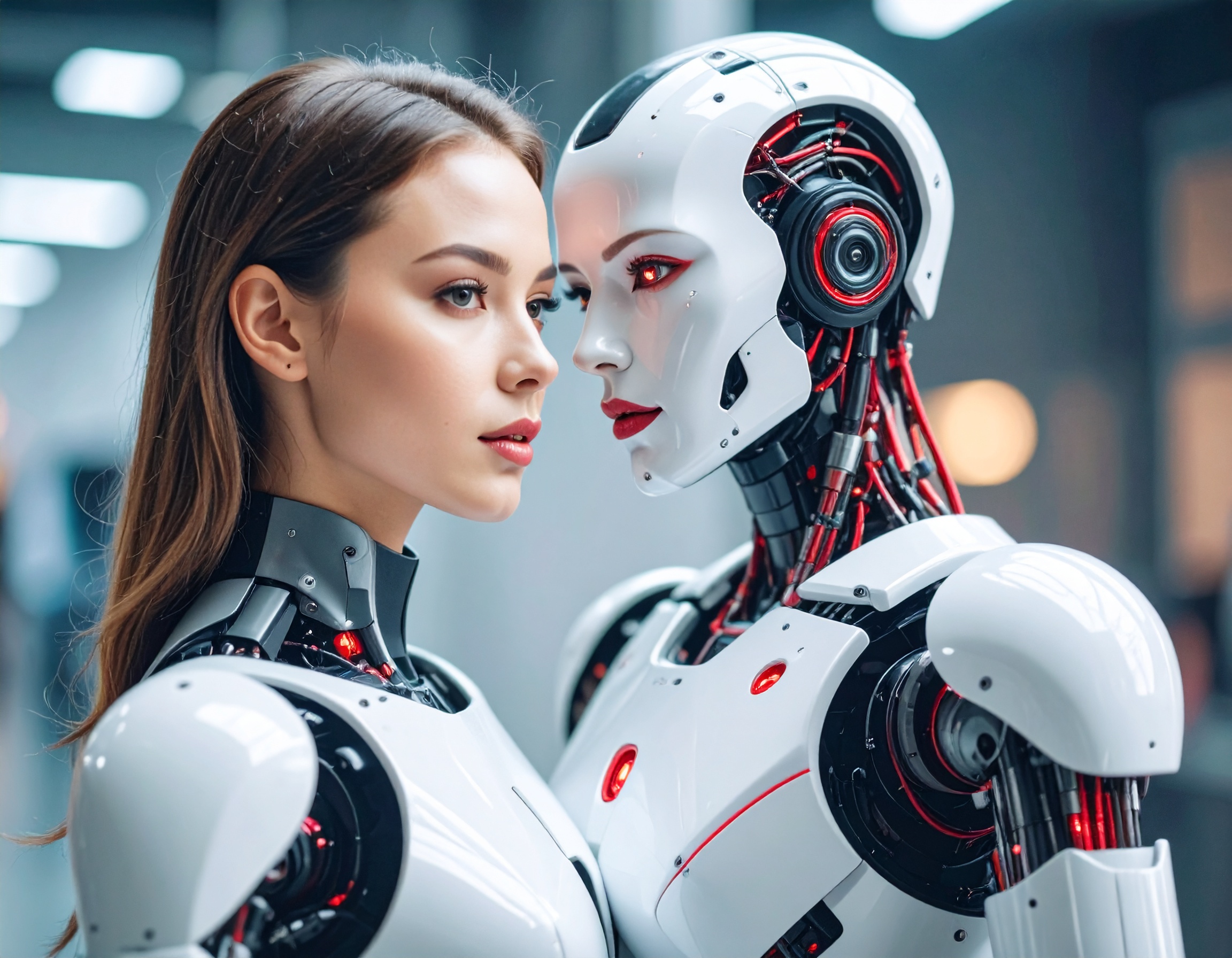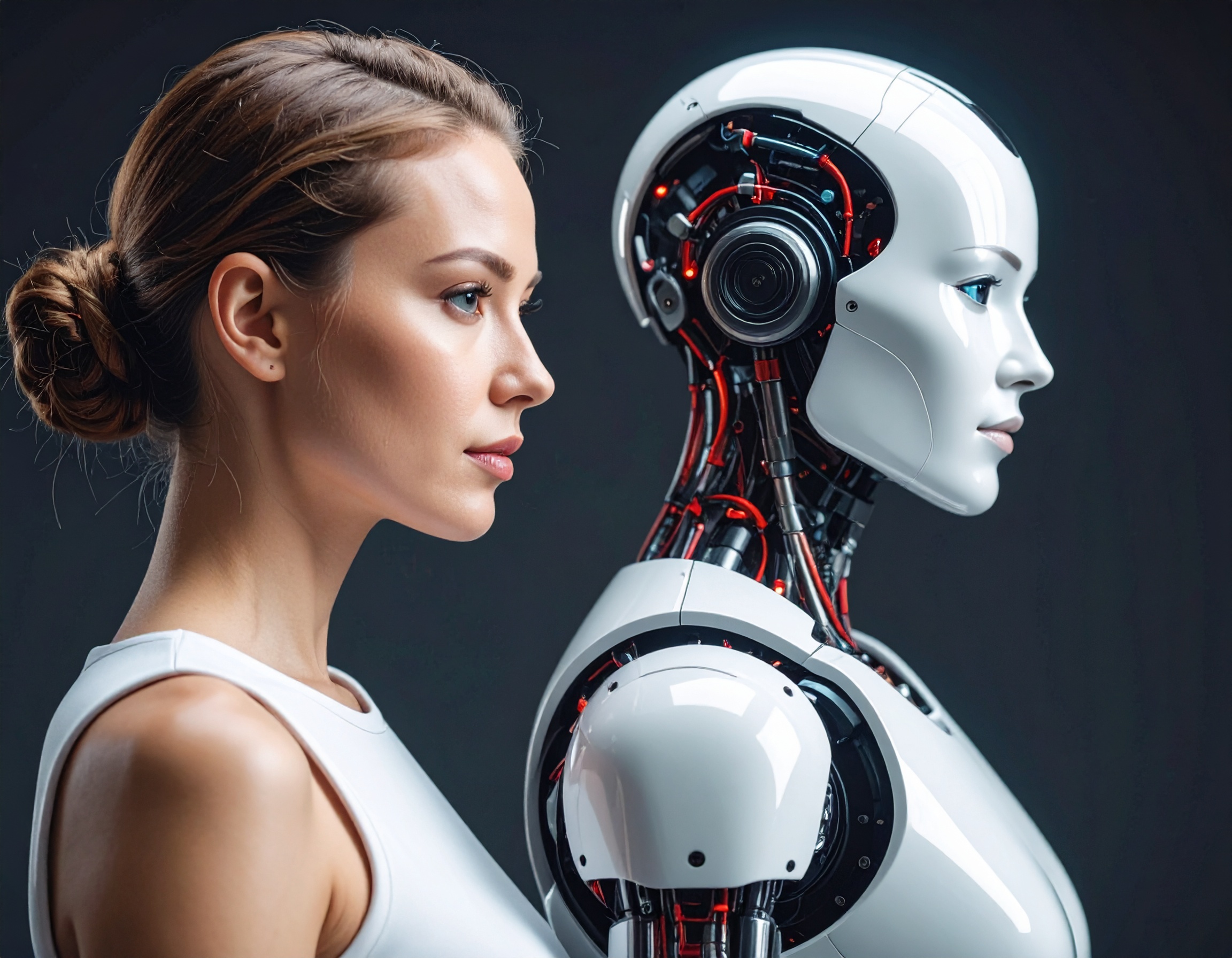The Future of Work: How AI-Driven Non-Human Workers Are Transforming the Workforce

In a groundbreaking development reported by Fox News on August 2, 2024, the rise of Intelligent Agents and Digital Employees is reshaping the workforce. The report highlights how these advanced AI technologies are increasingly taking over tasks traditionally performed by humans, signaling a major shift in various industries. From customer service to technical support, these Non-Human Workers are not just supplementing human efforts but, in some cases, completely replacing them.
The importance of this transformation is underscored by several key points. Firstly, the integration of Intelligent Agents into daily operations promises significant cost savings for companies, as AI systems can operate 24/7 without the need for breaks or salaries. Secondly, Digital Employees are proving to be highly efficient, handling complex queries and processing data at speeds far beyond human capability. This efficiency translates to faster service and improved customer satisfaction.
However, the shift also brings challenges. The displacement of traditional jobs by Non-Human Workers raises concerns about employment and the need for workforce retraining. As AI technologies advance, there is an increasing demand for skills that complement rather than compete with these digital innovations. This evolution in the job market highlights the need for proactive measures to support workers in transitioning to new roles.
In summary, the rise of Intelligent Agents and Digital Employees is a double-edged sword: it offers tremendous benefits in terms of efficiency and cost savings but also presents significant challenges related to job displacement. As this trend continues, it will be crucial for both businesses and policymakers to address the implications for the workforce to ensure a balanced and equitable transition.
Key Highlights:
- AI Integration: Intelligent Agents and Digital Employees are increasingly replacing human roles in various industries, providing significant efficiency and cost savings.
- Operational Efficiency: These Non-Human Workers can operate around the clock and handle complex tasks at high speeds, leading to faster service and enhanced customer satisfaction.
- Employment Impact: The rise of AI-driven workers raises concerns about job displacement and the need for retraining and skill development to adapt to new roles.
- Future Implications: The shift towards AI in the workforce presents both opportunities and challenges, necessitating careful consideration of its impact on employment and the economy.
Reference:


